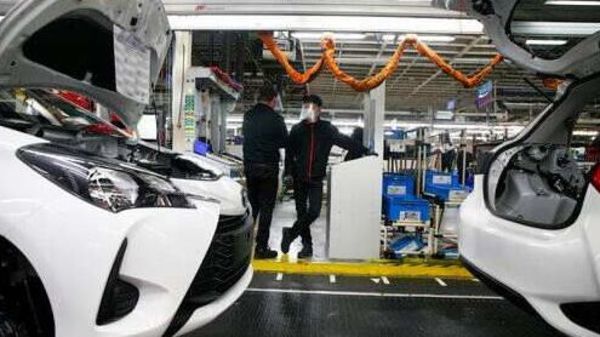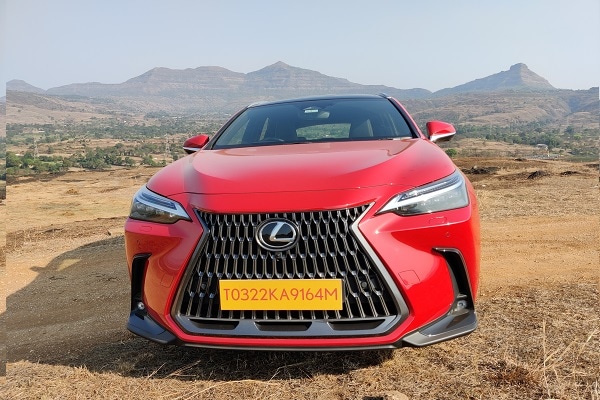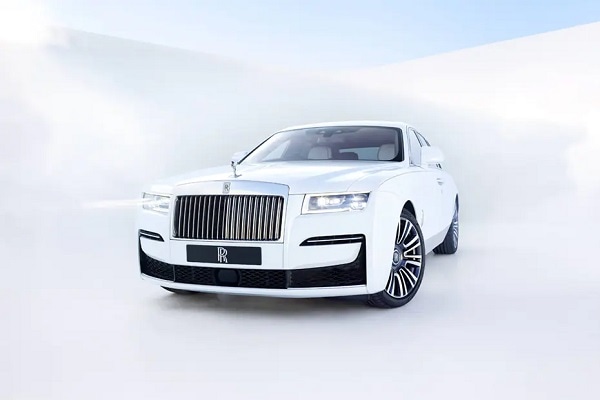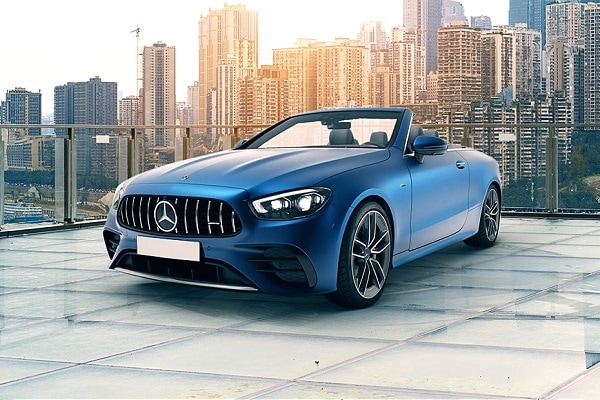Lockdown a sleep phase, auto industry will only walk in next few months: FADA


The Indian automotive industry has come to a screeching halt over the course of the last few weeks of a nationwide lockdown to check the spread of Covid-19 disease. With factories closed, dealerships shuttered and demand at an all-time low, the going has been extremely difficult for both car makers as well as thousands of dealerships across the country. Federation of Automobile Dealers Associations of India (FADA), the apex national body representing automobile dealers here, however remains cautiously optimistic about the prospects.
Speaking to HT Auto on Thursday, just a day before almost every vehicle manufacturer reported zero sales for the month of April, Vinkesh Gulati, Vice President, FADA, said that while the present situation is indeed tough, it can only get better hereon. "Nothing is specific to auto. All the industries are in a shock state. (But) we have taken it very, very bravely. Automobile is a resilient business altogether but obviously our business is to sell and service vehicles every month to earn and that's where a bit of pain is there," he said. "In a lot of places, we are not looking also at being open in coming maybe 10, 15 or 30 days. Obviously that's a pain."
Also check these Vehicles
What makes life a whole lot tougher is the massive manpower that automobile dealerships employ across the country and with mounting overhead costs under lockdown conditions, Gulati is of the opinion that the challenges will need to be tackled head on. "There are a lot of expenses which are fixed. We have an employee base which is huge with all dealers put together, we have a five-million manpower. In a lot of places, there are rents to be paid, there are overheads. Obviously it is not a great time, it is an unprecedented time we haven't seen before but we are looking at a good time ahead," he said.
Interestingly, Gulati explained how the pressure on dealerships in Tier 2 and Tier 3 towns may be comparatively lesser than their counterparts in bigger cities. "In Tier 2, Tier 3 towns, dealers are more well off on the point that majority of the dealers are sitting on their own land and building. So, one big cost of rent that metros have to bear is not there. Obviosuly, the salary levels in Tier 2, Tier 3 towns are, as compared to metros, very, very less," he said.
Gulati also mentioned that while there is a widespread belief that layoffs or furloughs would now follow, he is of the opinion that dealerships will be able to steer clear of that option. "As a delaer, we have to control our costs but we have to control it with empathy. Employee salaries have to be paid but how do we do that without revenue. We have requested Prime Minister Narendra Modi on the banking front that whatever limits any dealer has, 20% additional amount to be given to them as a small gesture for some time. Obviously the dealer has to return it back," he said. "Employees have been with us for ages, trained with us for ages, lots of relationships are there. I am not very confident that cutting jobs will happen so early. Obviously if this (lockdown) extends by two, three, six months, then we will see exodus of dealerships and cutting of jobs."
In a letter to the Prime Minister last week, FADA had highlighted how hundreds of thousands of livelihoods are at stake and why assistance, therefore, is crucial.
What is also crucial is the return of demand for vehicles once the prevailing situation passes over. Gulati sees two factors that could result in this. "There are two silver linings. One is that with social distancing, we expect people moving in cabs, Ola, Uber will have a fear psychosis to avoid that. So they will be moving towards personal vehicle. Second is the rural farming industry. We are seeing good rural growth," he said, adding however that 2020 overall won't be termed as a good year. "One month which is very good for auto industry with Navratra, Gudi Padwa, even marriage season, is over. If in lockdown, we were in sleep phase, maybe in the first three months (March, April, May), we would only be walking. Actually running and seeing customers coming in would happen in the balance six months."
Gulati is also not averse to putting a number to predictions and says while two-wheeler market may fare better, passenger vehicle sales would be 35% to 40% down this year.
And while the Indian auto industry faces a very real danger, the situation is every bit as grim in countries across Europe, in Japan and in the United States. France, for instance, saw car sales crash by 88% in April. In the US, SUVs are confined to ships as dealers have refused to accept fresh supplies. As such, the Indian and global automobile industry is likely to go into a close huddle before it is expected to come out cheering once again.








 40 kWh
40 kWh 150 Km
150 Km
 3996.0 cc
3996.0 cc Petrol
Petrol


















